As automation anxiety grips tech workers, leading startups focus on using AI to enhance human potential rather than eliminate positions
While artificial intelligence promises to revolutionize startup operations, a growing movement within the tech ecosystem advocates for AI that amplifies human creativity rather than replacing workers. This shift comes as startup employees face mounting concerns about job security, with industry leaders recognizing that fear-driven cultures stifle the innovation startups need to survive.
The approach represents a fundamental rethinking of how startups scale. Rather than pursuing the much-hyped "one-person billion-dollar company" model, successful startups are discovering that diverse, human-centered teams remain essential for building products that serve broad markets effectively.
The human element in an AI-driven world
Recent data underscores why startups are taking employee concerns seriously. Companies can't afford to have teams operating in what industry observers call a "fear state." When employees worry about being replaced by AI agents, their creativity and problem-solving abilities—the very qualities startups need most—diminish significantly.
This reality has prompted a new philosophy: Use automation to eliminate repetitive tasks while freeing employees for higher-value creative work. The goal isn't fewer people doing more work, but rather the same teams accomplishing more meaningful outcomes.
Crunchbase data from 2025 shows that while AI startups attracted $19 billion in Q2 alone (28% of all venture funding), the most successful implementations focus on augmenting rather than replacing human capabilities. Companies report better results when they position AI as a tool that handles routine tasks, allowing employees to focus on strategic thinking, cross-functional collaboration, and customer relationships.
Navigating the automation paradox
The promise of AI agents and automation tools has created what experts call the "automation paradox" for startups. While vendors promise revolutionary capabilities, the reality often falls short, particularly for complex tasks requiring judgment, creativity, or emotional intelligence.
Current market analysis reveals a significant gap between AI marketing claims and actual capabilities. While automation excels at specific, repeatable tasks, it struggles with the nuanced, adaptive work that defines most startup roles. This has led to a more measured approach among successful startups: implementing targeted automation for well-defined processes while preserving human oversight for strategic decisions.
The numbers support this balanced approach. Startups that rushed to implement comprehensive automation systems often found themselves spending more time managing the technology than saving through efficiency gains. Meanwhile, companies that selected specific tasks for automation—such as data entry, basic customer inquiries, or routine reporting—reported genuine productivity improvements without sacrificing team morale.
The equity motivation factor
One unexpected benefit of the human-plus-AI approach relates to employee equity compensation, a cornerstone of startup culture. When employees feel their roles are secure and evolving rather than threatened, they're more likely to stay engaged with their equity stakes. Here at Cake, we sees startups typically allocate 14% to 21% of company ownership to employee option pools.
Transparency around company growth, coupled with visible paths for employee development, significantly impacts equity value perception. When teams understand how automation enhances their work rather than replacing it, they're more invested in driving company success. This creates a positive cycle: Eengaged employees build better products, leading to company growth that increases equity value.
The shift is particularly important given ongoing challenges in equity management. Studies reveal widespread confusion among startup employees about their equity compensation, with many failing to understand vesting schedules, valuation impacts, or exercise windows. Companies that clearly communicate how AI implementation supports long-term growth see better employee retention and engagement.
Building sustainable innovation cultures
The most successful startups are discovering that sustainable growth comes from what industry leaders describe as uncomfortable but not anxious team development. This means pushing employees to expand their skills and take on new challenges while providing the support and job security needed to maintain psychological safety.
This approach aligns with broader trends in startup management. Companies focusing on employee development and cross-functional skill building outperform those pursuing pure efficiency metrics. The key is finding the balance between challenging teams to grow and ensuring they don't feel overwhelmed or replaceable.
Practical implementations include:
- Dedicating time to self-paced learning about AI tools.
- Creating cross-functional teams where AI handles routine tasks.
- Establishing clear boundaries between automated and human-driven processes.
- Celebrating creative problem-solving that AI cannot replicate.
The diversity imperative
Another critical factor driving the human-centered approach is the recognition that diverse teams build better products. Market analysis consistently shows that homogeneous teams create solutions with limited appeal, while diverse groups better understand and serve varied customer needs.
This reality directly challenges the "one-person billion-dollar company" narrative. While such companies may be technically possible with advanced AI, they risk creating products that reflect narrow perspectives and miss crucial market segments.
Forward-thinking startups are instead using AI to amplify diverse perspectives. By automating routine tasks, companies free team members from different backgrounds to contribute more strategic insights, leading to products with broader market appeal and better problem-solution fit.
Looking ahead
As AI capabilities continue to advance, the startup ecosystem faces a choice: pursue maximum automation at the cost of team morale and creativity, or build systems that enhance human potential while maintaining the diverse, adaptable teams needed for innovation.
Early indicators suggest the human-centered approach delivers better outcomes. Companies reporting the strongest growth in 2025 consistently emphasize team development, creative problem-solving, and using AI as an enabler rather than a replacement. This philosophy extends beyond mere sentiment—it reflects practical business realities in an ecosystem where adaptability and innovation determine survival.
The message for startups is clear: iIn a world of rapid technological change, the companies that thrive will be those that use AI to unlock human creativity rather than eliminate human contribution. As the technology continues to evolve, this balanced approach may prove to be the key differentiator between startups that scale successfully and those that fail.
This article is designed and intended to provide general information in summary form on general topics. The material may not apply to all jurisdictions. The contents do not constitute legal, financial or tax advice. The contents is not intended to be a substitute for such advice and should not be relied upon as such. If you would like to chat with a lawyer, please get in touch and we can introduce you to one of our very friendly legal partners.










